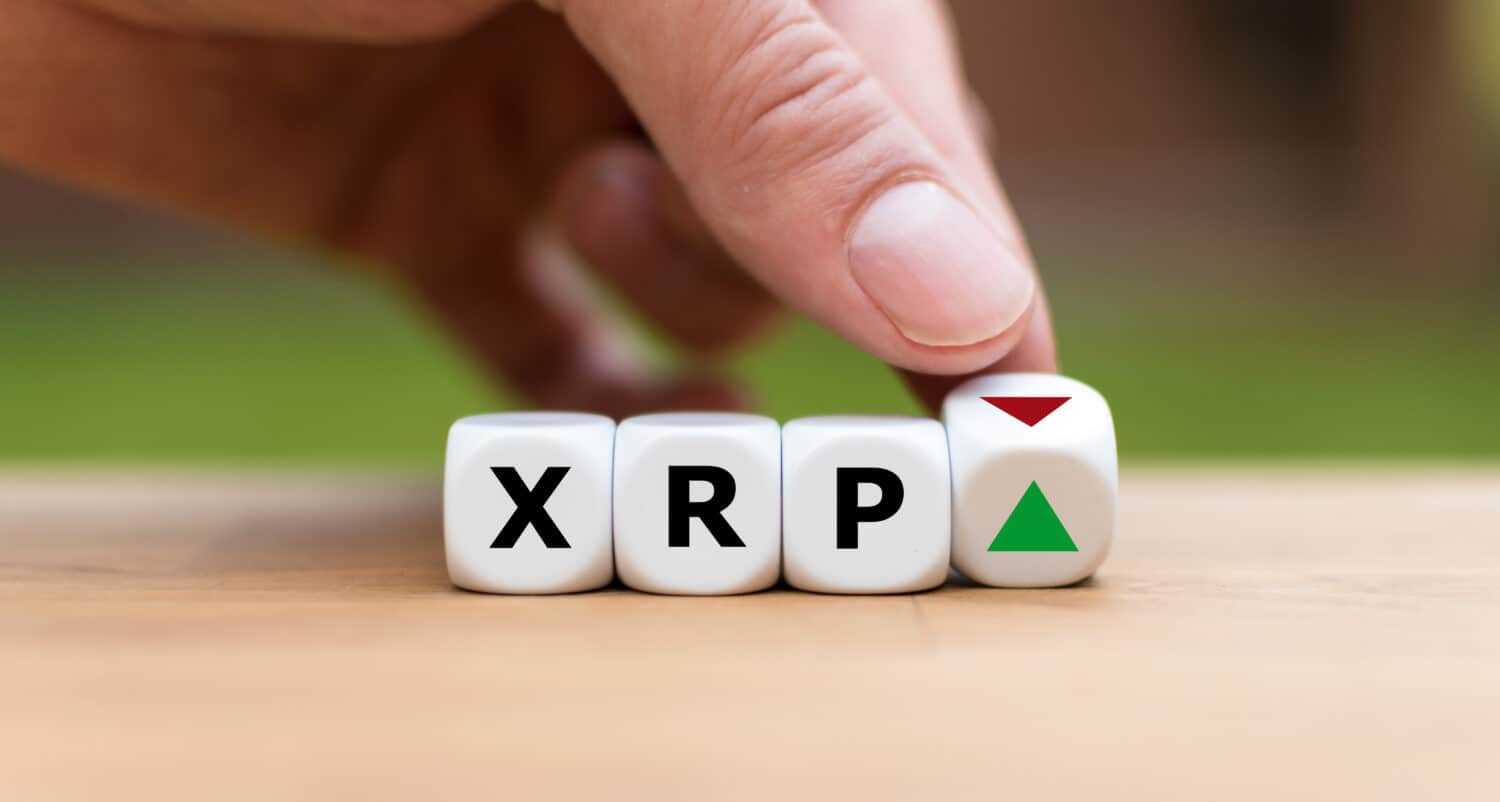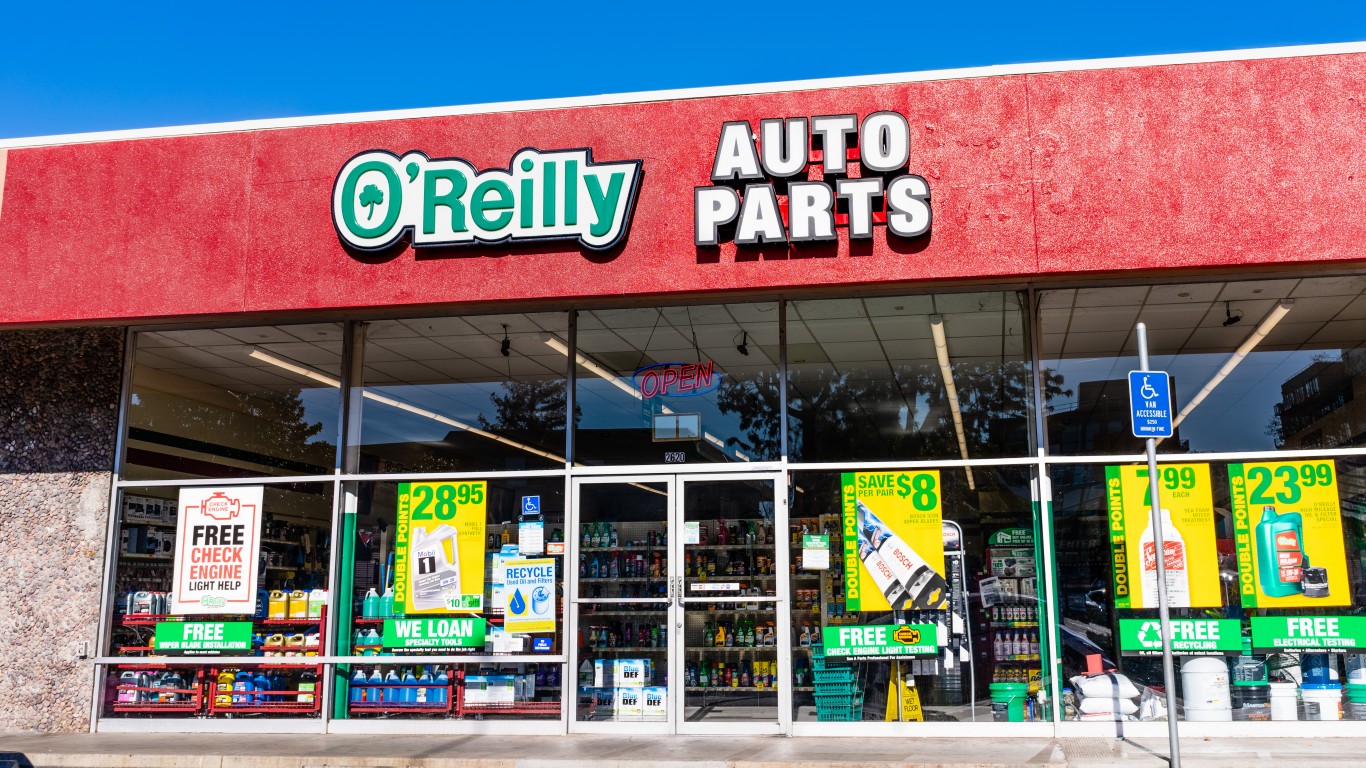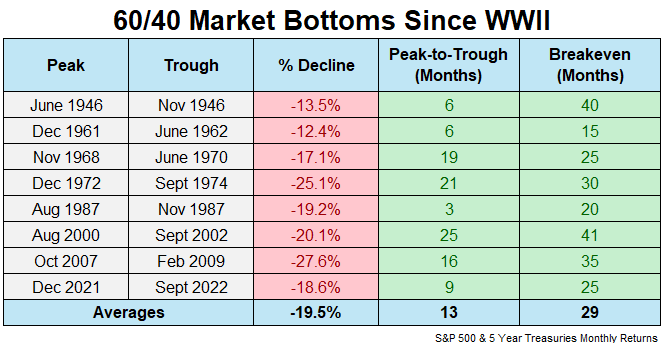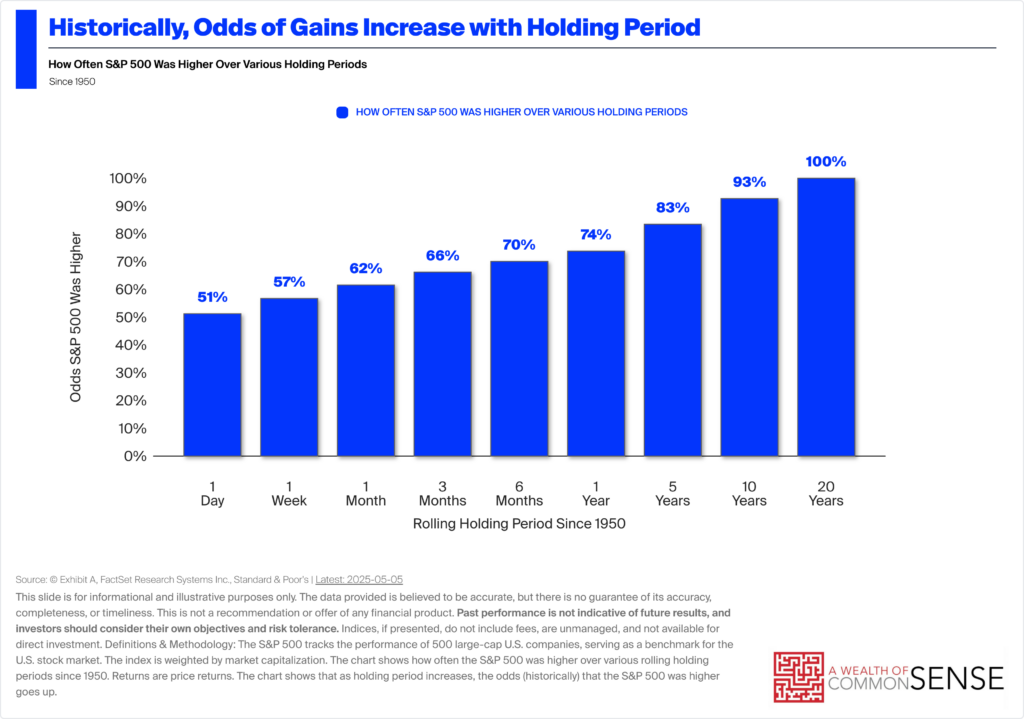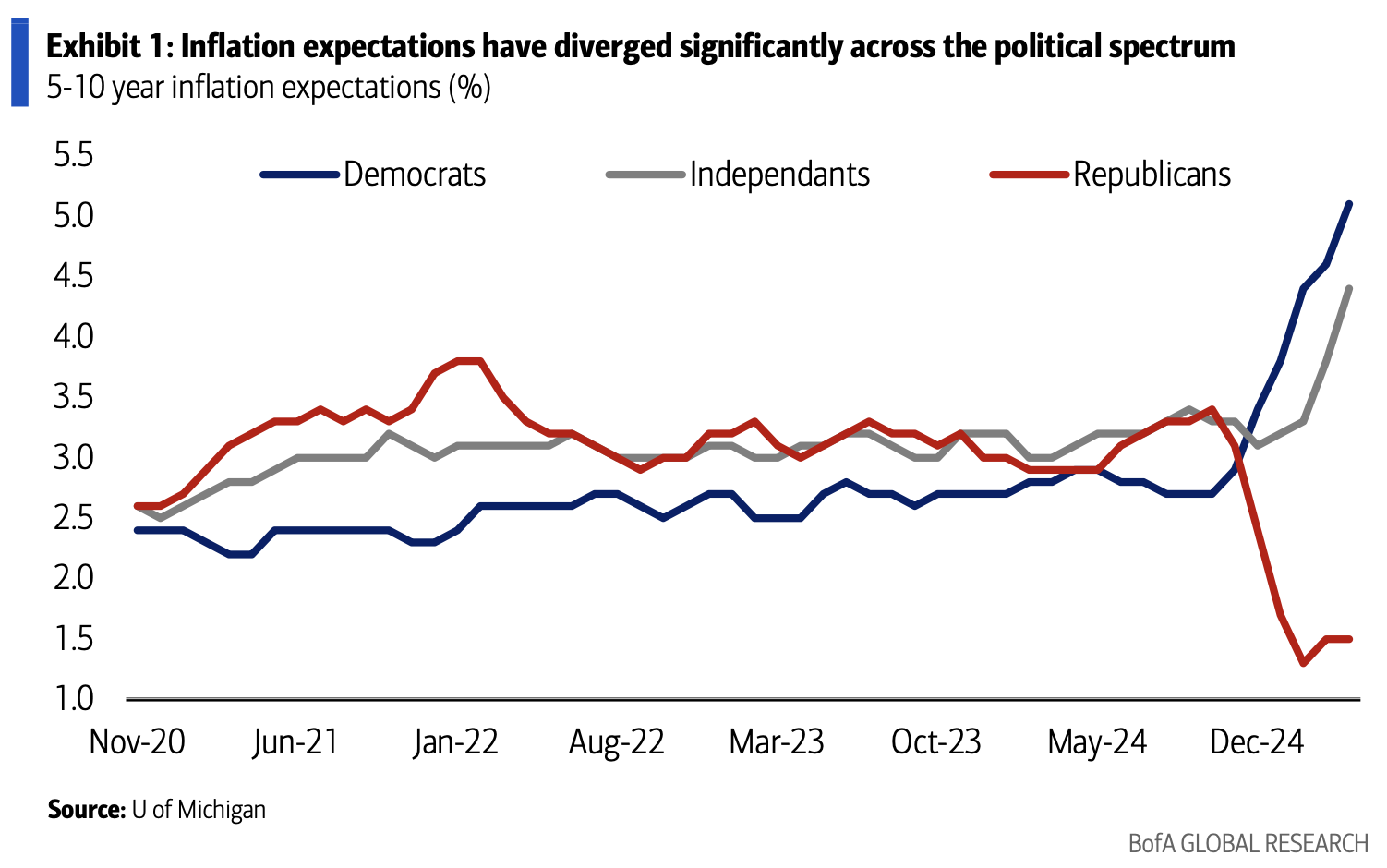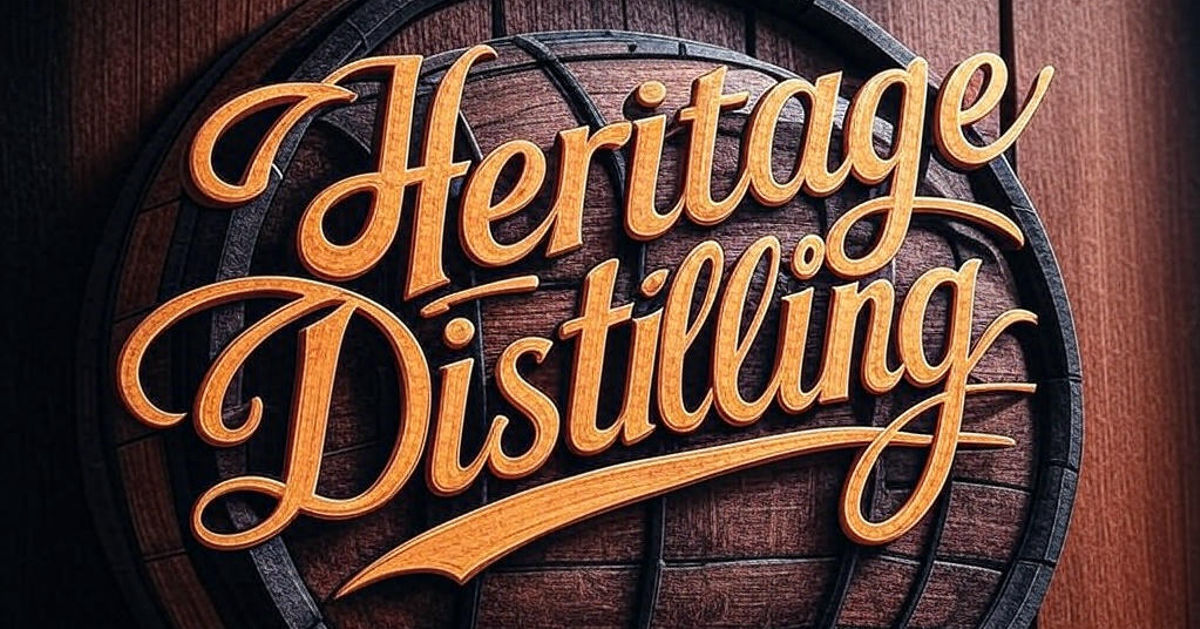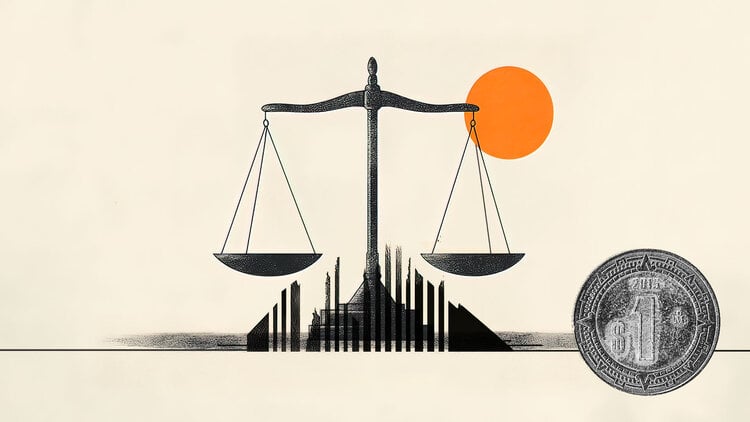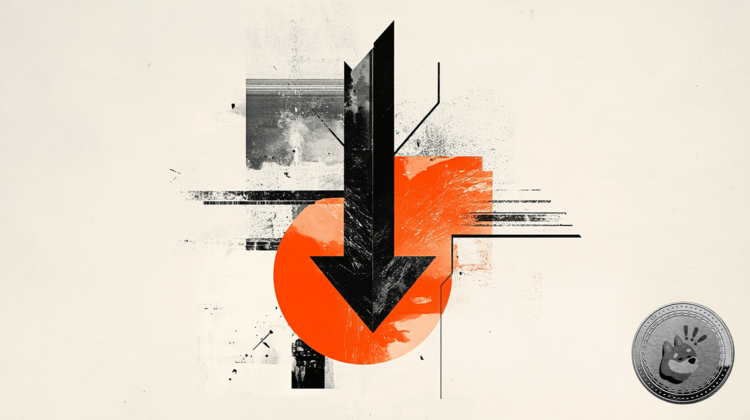How to Check Compatibility before Buying a Used Engine Online
Let’s say your engine just gave up on you. Maybe it overheated one too many times, or it’s just worn out from years of hard driving. Either way, you’ve decided to go with a used engine—it’s a smart move. But there is one thing to do before you decide what unit you are about to buy, I.e.- engine compatibility check. This used engine fit guide will safeguard your purchase as a buyer, by providing you tips like -- matching the trim level of your vehicle or VIN match engine
Buying a used engine online can be easy, but if you don’t double-check whether it fits your vehicle, you could end up with a giant metal motor which is as useful as a paperweight. In this guide, we’ll walk you through how to avoid that mess and make sure your next engine is the right one—for your car, your budget, and your peace of mind.
Why Compatibility Is Critical for Used Engines
Not all engines are created equal. Even if you’re shopping for the same make and model, small changes in design, electronics, and engine mounts between model years can mess everything up.
An incompatible engine means:
· It won’t bolt up correctly
· Your wiring harness may not match
· Sensors and electronics could throw errors
· The transmission might not line up
· You’ll waste time, money, and possibly void your return window
In short, if the engine doesn’t match, you’re in for a lot more than just mechanical headaches. That’s why engine compatibility check is non-negotiable when buying a used engine online.
Key Details You Need: VIN, Year, Make & Model
Before you even start shopping, grab these four things:
· VIN (Vehicle Identification Number)
This is the holy grail when it comes to compatibility. Your VIN tells sellers exactly what engine your car came with from the factory. No guessing. It’s usually found on your dashboard near the windshield or on the inside of the driver’s door.
· Year
Be specific—just saying "2010 model" isn’t enough. Cars often get mid-year changes, and a 2010 model built in January might differ from one built in October.
· Make & Model
this is quite obvious, but sometimes people still forget about it. “Toyota Corolla” is fine—but include the trim level too (LE, S, XLE, etc.). Trim packages can mean different engine sizes or configurations.
· Engine Code (if available)
this is an advanced option, and is less likely to be found in the older vehicles. If you can’t find the engine code (often printed on the engine itself) should look for it on the internet, otherwise you can take the help of the seller from whom your about to buy, it helps confirm exactly what’s under the hood.

Having these details ready makes it easier to find a matching engine—and helps sellers give you accurate answers.
Common Compatibility Mistakes and How to Avoid Them
Plenty of people mess this up. Here’s where it usually goes wrong—and how to avoid falling into the same trap.
· Assuming any engine from the same model will fit
Just because two engines came from the same model doesn’t mean they’re interchangeable. Always verify the engine code and transmission compatibility.
· Forgetting about electronics
Modern engines rely heavily on sensors, computers, and emissions components. If your replacement engine has different wiring or ECU requirements, it might not run right—or at all.
· Overlooking mounting points
Some engines may physically fit but have different mounting brackets, oil pans, or accessory locations. This can lead to a nightmare during installation.
· Not asking about included components
Will the engine come with the intake manifold? Wiring harness? Fuel injectors? These details matter. What you get—or don’t get—can affect whether the engine works in your car.
How to Use Online Tools for Engine Compatibility
Thankfully, engine compatibility check in an online purchase is easier than it used to be. You just need to know where to look.
· OEM Parts Databases
Many sites and dealerships deals in OEM parts & let you compare part numbers between years. If the part number matches, it’s a good sign the engines are compatible.
· Salvage Yard Networks
These systems match engines across makes, models, and years using a standardized interchange system. They’re widely used by auto recyclers and mechanics.
· Online Forums
Car enthusiast forums are goldmines. Real-world feedback from people who’ve done swaps or replacements can highlight problems no parts catalog will tell you about.
· VIN Decoder Tools
Use a free VIN decoder online to see what exact engine your car came with. This is especially useful if your car has had work done and you’re not sure what’s under the hood now.
What to Ask the Seller before Purchase
A smart buyer asks questions. You don’t want to assume anything when spending hundreds (or thousands) of dollars.
Here’s what to ask before buying:
· Can you confirm this engine matches my VIN?
If they say yes, ask how they know. A good seller will cross-reference their engine with your VIN and confirm fitment.
· Has the engine been tested?
Ask if it was running before removal, and whether compression or leak-down tests were done.
· What’s included with the engine?
One must ask if the engine is short-block, long block or a complete unit with everything intact. If parts like the ECU or important wiring are missing, it could complicate the install.
· What’s the mileage?
A used engine with 60 thousand miles is very different from one with 160 thousand. Ask for documentation if possible.
· What’s your return policy if it doesn’t fit?
You don’t want to get stuck with an engine that doesn’t fit and no way to send it back.
· Do you offer a warranty?
Even a short warranty shows the seller stands behind the engine. No warranty? That’s a risk.
Final Thoughts
Buying an engine without performing an engine compatibility check can land you in all sorts of problem. This is not just about performing standard checks like VIN match engine or year and model of the vehicle, one should know about other fitment as well. To get the right engine the first time this used engine fit guide can come in handy. When you take the time to verify compatibility upfront, you save yourself from major headaches, wasted money, and downtime as well.
So don’t rush it. Grab your VIN, gather the key details, use the right online tools, perform all necessary engine compatibility checks and grill the seller with smart questions. If something doesn’t feel right, trust your gut. And only go for trusted sellers like carengineguru.com, who have top of line listings of the used engines on their websites.
Remember: the cheapest engine isn’t always the best. The right engine is the one that fits, runs strong, and gets you back on the road minimal cost.




































